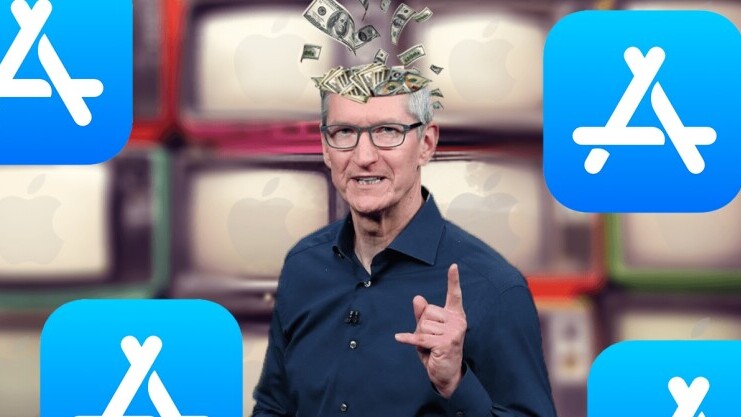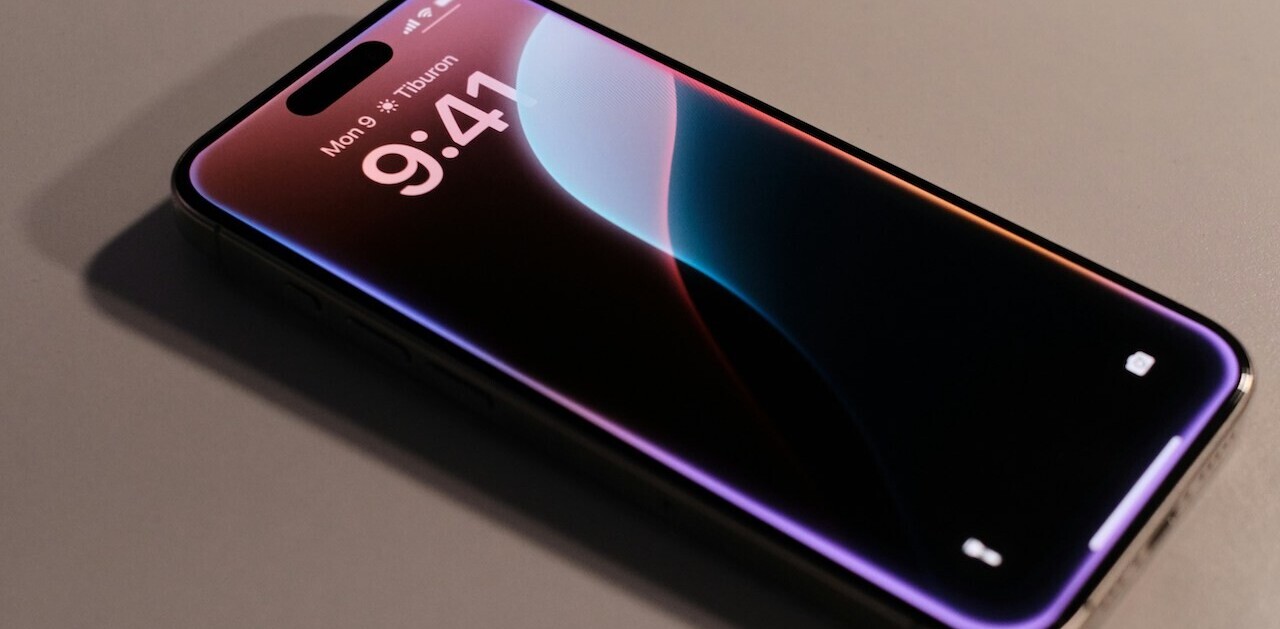
Update (09/12/2021): Just before the deadline for implementing third-party AppStore payments passed, Apple won the appeal for a stay in the Ninth Circuit. That means we won’t see any alternative payment methods for in-app purchases on iPhones and iPads just yet.
In the judgment, the Ninth Circuit Court said that the tech giant’s appeal brought serious concerns about the district court’s judgment passed in September:
Apple has demonstrated, at minimum, that its appeal raises serious questions on the merits of the district court’s determination that Epic Games, Inc. failed to show Apple’s conduct violated any antitrust law.
It added that Apple “also made a sufficient showing of irreparable harm,” referring to the company’s repeated iteration of dangers of sideloading apps on the phone.
Apple will still have to let apps communicate alternative payment methods to their customers through emails.
The headline of the article has been updated to reflect the new situation. Our original report follows.
A lot of developers would’ve been delighted by Judge Yvonne Gonzalez Rogers’ orders to allow third-party payments on the Apple App Store. According to the order, the last date for the iPhone maker to comply with it is December 9.
However, Apple is not backing down just yet. The company is planning to appeal to the Ninth Circut for a stay. In a statement, it said that “no additional business changes should be required to take effect until all appeals, in this case, are resolved.” So don’t get your hopes high just yet.
In her order issued in the Epic v Apple trial case in September, Judge Gonzalez Rogers had argued that Apple was violating California’s anti-competitive laws by not allowing developers to link to their website or alternative payment systems for in-app purchases.
In October, the company filed a notice of appeal asking the court for a stay against this judgment. Last night, the judge denied this motion, forcing Apple to allow third-party payment options.
If Apple doesn’t get a stay from the Ninth Circuit, it will change its anti-steering policies and, yes, accommodate third-party payment options. That essentially means developers can tell you about other options for purchases and circumvent Apple’s 30% fee.
In August, the Cupertino-based firm allowed developers to communicate to their customers about alternative payment methods through email. But this new order will let them place redirection links.
As Daniel Ahmad, a senior analyst at Niko Partners noted on Twitter, Apple might have to take some steps — like possibly reducing fees — to offset the impact third-party payment systems would have on its App Store business.
The big question now, given this would circumvent Apple's in app purchase mechanism that charges a 30% take rate, is what Apple will do to mitigate some of the potential loss.
Depending on the interpretation of the court ruling, Apple could find a way to offset that impact.
— Daniel Ahmad (@ZhugeEX) November 10, 2021
While developers and collations advocating for them have welcomed this decision, many of them believe that Apple might have very strict guidelines for including links or buttons to other payment methods.
In August, South Korea passed a new law to force both Apple and Google to allow developers to use alternative payment systems — but that was limited to the country’s app stores. On the other hand, this new judgment in the US could have a widespread impact on developer regulations worldwide.
You can read the whole text of the order here.
Get the TNW newsletter
Get the most important tech news in your inbox each week.





